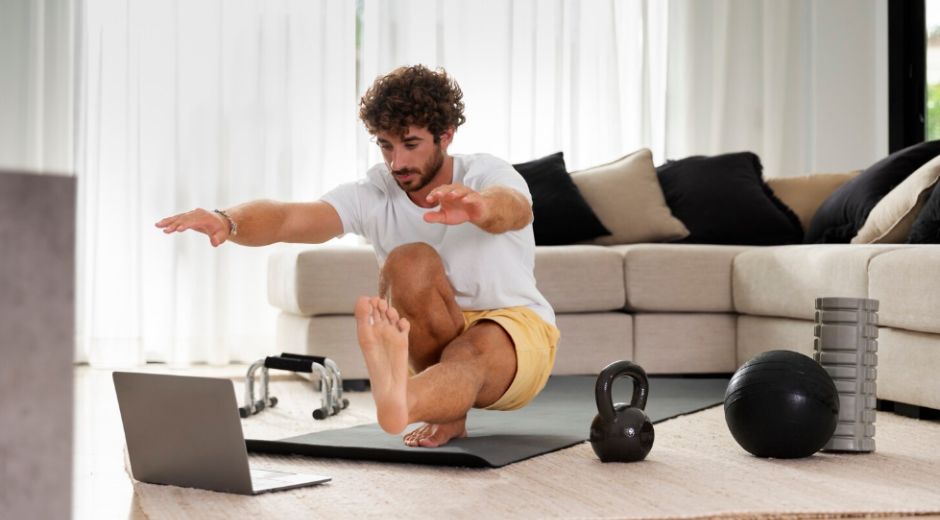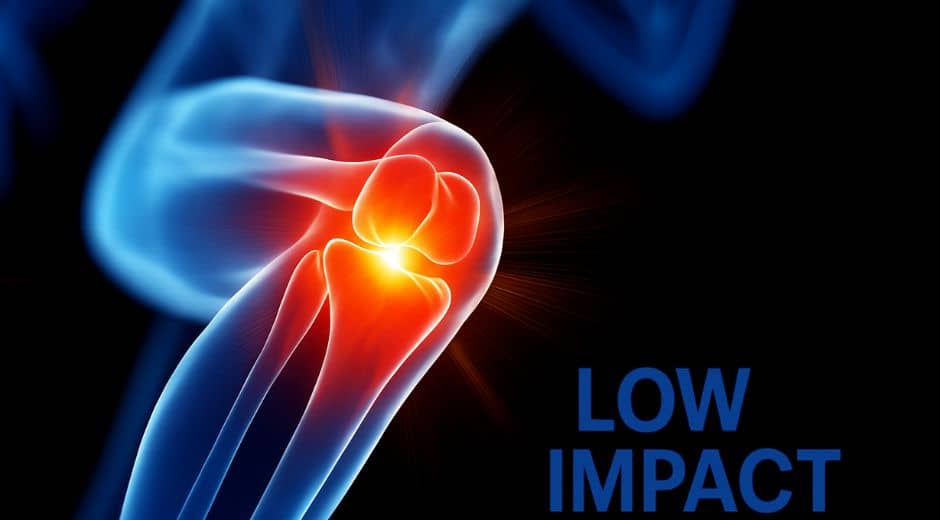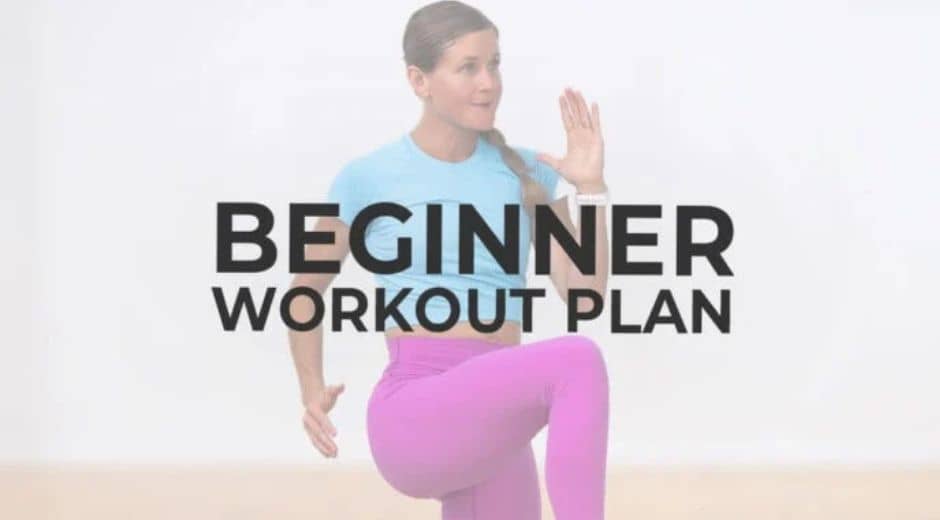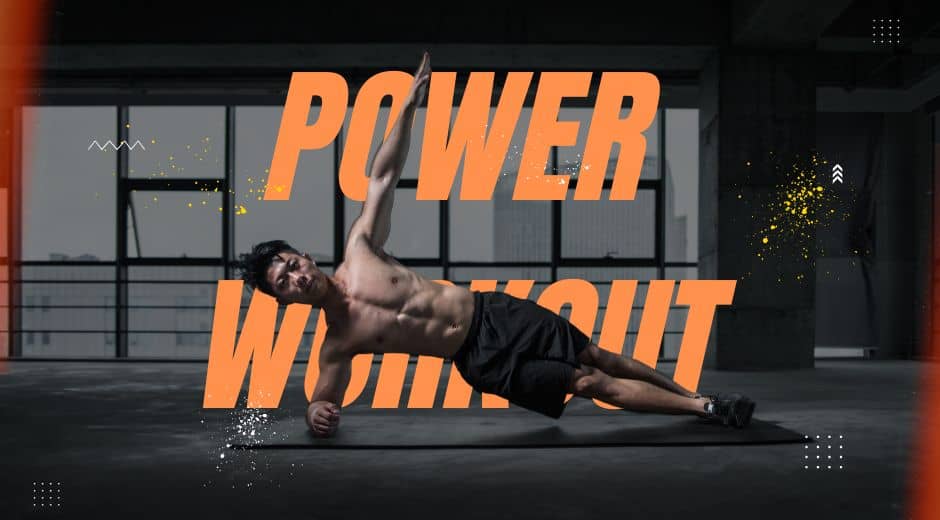Effective Home Workouts to Build Strength and Stay Active
Effective Home Workouts to Build Strength and Stay Active
Maintaining physical fitness and building strength has never been more important than it is today. With busy schedules, remote work, and limited access to gyms, home workouts have become the go-to solution for millions of people seeking to stay active and healthy.
The best part? You don’t need fancy equipment or a personal trainer to achieve results. By leveraging bodyweight exercises, minimal tools, and structured routines, you can gain strength, boost endurance, and improve flexibility—all from the comfort of your own home. This comprehensive guide explores strategies, routines, and tips for effective home workouts that deliver results in 2025 and beyond.
1. Why Home Workouts Are So Effective
Home workouts offer several advantages that make them a powerful tool for fitness enthusiasts:
Accessibility: You can work out anytime, without the constraints of gym hours or travel time.
Cost-Effective: No expensive memberships, fancy machines, or commuting costs.
Flexibility: Tailor workouts to your schedule, fitness level, and goals.
Privacy: Many people feel more comfortable exercising in a private space.
Consistency: Convenience increases the likelihood of sticking to a routine.
Studies show that individuals who engage in consistent home-based workouts maintain higher compliance rates, making it easier to achieve long-term fitness goals.
2. Key Components of Home Workouts
For home workouts to be truly effective, they should target several aspects of fitness:
A. Strength Training
Strength training builds muscle, strengthens bones, and boosts metabolism. Essential exercises include push-ups, squats, lunges, planks, and resistance band movements.
B. Cardiovascular Conditioning
Cardio is critical for heart health and calorie burning. High-intensity interval training (HIIT), jumping jacks, burpees, or treadmill running are ideal for small spaces.
C. Flexibility and Mobility
Stretching and mobility exercises prevent injuries and improve range of motion. Incorporate yoga, dynamic stretches, or Pilates sequences into your routine.
D. Core Stability
A strong core enhances balance, posture, and performance. Core exercises like planks, bicycle crunches, and mountain climbers are highly effective and require no equipment.
3. Creating a Structured Home Workout Plan
A successful home workout routine should balance intensity, recovery, and progression. Here’s a sample weekly plan:
Monday – Full-Body Strength: Push-ups, squats, lunges, planks, and resistance band rows.
Tuesday – Cardio HIIT: 30 minutes of high-intensity circuits, including burpees, jumping jacks, and mountain climbers.
Wednesday – Core and Mobility: Yoga session focusing on stretching, flexibility, and core activation.
Thursday – Lower Body Strength: Squats, lunges, glute bridges, and calf raises.
Friday – Upper Body Strength: Push-ups, dips, resistance band curls, and shoulder presses.
Saturday – Cardio or Outdoor Activity: Jogging, cycling, or brisk walking.
Sunday – Recovery and Stretching: Foam rolling, static stretches, or light yoga.
Consistency and gradual progression are key. Begin with lower repetitions or shorter durations and increase intensity over time to avoid injury and encourage sustainable results.
4. Essential Equipment for Home Workouts
While many home workouts rely solely on bodyweight, minimal equipment can enhance effectiveness:
Resistance Bands: Versatile for strength training and mobility exercises.
Dumbbells or Kettlebells: Provide added resistance for muscle building.
Yoga Mat: Comfort for floor exercises and stretching.
Stability Ball: Engages core and improves balance.
Pull-Up Bar: Adds upper body and back training options.
Even without equipment, structured home workouts using bodyweight exercises can lead to significant strength gains and improved fitness.
5. Popular Home Workout Methods
A. Bodyweight Training
Bodyweight exercises require no equipment and can be modified for all fitness levels. Push-ups, squats, lunges, and planks target multiple muscle groups and can be combined into circuit routines for strength and cardio.
B. High-Intensity Interval Training (HIIT)
HIIT involves alternating short bursts of intense activity with periods of rest. These workouts burn calories quickly, improve cardiovascular endurance, and elevate metabolism.
C. Pilates and Yoga
Pilates focuses on core strength, flexibility, and posture, while yoga emphasizes balance, flexibility, and mindfulness. Both can be done in small spaces and require minimal equipment.
D. Online Guided Workouts
Streaming services and fitness apps provide structured sessions ranging from 10-minute quick routines to full-length workouts. Guided programs help ensure proper form and keep motivation high.
6. Tips for Maximizing Home Workout Effectiveness
Set a Dedicated Space: Create a distraction-free workout zone to signal your mind and body that it’s time to exercise.
Establish a Routine: Consistency is more important than duration. Daily 20–30 minute sessions can be more effective than sporadic long workouts.
Track Progress: Maintain a journal or use apps to record exercises, repetitions, and improvements.
Focus on Form: Proper technique prevents injuries and enhances results. Consider recording yourself or using virtual trainers.
Include Recovery: Adequate rest, stretching, and hydration are essential for building strength and avoiding burnout.
Challenge Yourself Gradually: Increase intensity, resistance, or duration over time to continue making progress.
7. Home Workouts for Specific Goals
A. Building Strength
Perform compound movements: squats, lunges, push-ups.
Use resistance bands or dumbbells to increase intensity.
Aim for 3–4 sets of 8–15 repetitions per exercise.
B. Weight Loss
Incorporate HIIT circuits that alternate strength and cardio.
Use shorter rest periods to keep the heart rate elevated.
Track calories and nutrition alongside workouts.
C. Flexibility and Mobility
Daily stretching routines after workouts or in the morning.
Incorporate yoga flows targeting hamstrings, hips, shoulders, and back.
D. Mental Health
Combine exercise with mindful breathing to reduce stress.
Short, regular sessions can enhance mood and cognitive performance.
8. Benefits Beyond Physical Fitness
The advantages of home workouts extend beyond muscle and endurance:
Mental Clarity: Exercise increases endorphin levels, reducing anxiety and improving focus.
Time Efficiency: Eliminates commuting, allowing more free time for family, hobbies, or work.
Customizable Experience: Tailor workouts to your preferences and needs.
Empowerment: Achieving goals at home boosts confidence and self-discipline.
9. Overcoming Common Challenges
Challenge 1: Lack of Motivation
Set clear goals and rewards.
Join online fitness communities for accountability.
Challenge 2: Limited Space
Focus on bodyweight exercises, resistance bands, or small dumbbells.
Rearrange furniture or use multi-purpose areas.
Challenge 3: Plateaus
Increase intensity, add weights, or vary exercises.
Introduce interval training or new routines to keep progression steady.
10. Tracking Progress and Staying Consistent
Tracking metrics like repetitions, weights, and duration helps visualize improvement. Combine this with wearable devices or fitness apps to monitor heart rate, calories burned, and endurance gains.
Consistency paired with tracking ensures that home workouts remain effective and goal-oriented.
Conclusion
Home workouts are a versatile, accessible, and highly effective way to build strength, stay active, and improve overall health. By combining bodyweight exercises, minimal equipment, structured routines, and consistent practice, anyone can achieve tangible results without leaving their home.
Whether your goal is weight loss, muscle gain, flexibility, or mental wellness, home workouts can be adapted to your needs, making them an essential tool for modern fitness. Begin today, stay consistent, and your body and mind will thank you.
- Learn more : bodywellnessgroup.com
Wellness Made Simple

Energy Balance Habits For Sustainable Performance
Energy Balance Habits For Sustainable Performance

Holistic Body Care Beyond Exercise And Diet
Holistic Body Care Beyond Exercise And Diet

Physical Ease Practices For Pain Free Movement
Physical Ease Practices For Pain Free Movement

Why Athletes Load Manage: Protecting the Body for the Long Game
Why Athletes Load Manage: Protecting the Body for the Long Game

Wellness Rhythm For Balanced Daily Living
Wellness Rhythm For Balanced Daily Living

Building Body Resilience Through Consistent Habits
Building Body Resilience Through Consistent Habits

Movement For Wellness Without Overtraining
Movement For Wellness Without Overtraining

Calm Body Practices For Stress Sensitive Nervous Systems
Calm Body Practices For Stress Sensitive Nervous Systems

Rest And Renewal Practices For Mental And Physical Health
Rest And Renewal Practices For Mental And Physical Health

Everyday Body Care Habits For Overall Wellbeing
Everyday Body Care Habits For Overall Wellbeing

Natural Recovery Methods For Body And Mind
Natural Recovery Methods For Body And Mind













